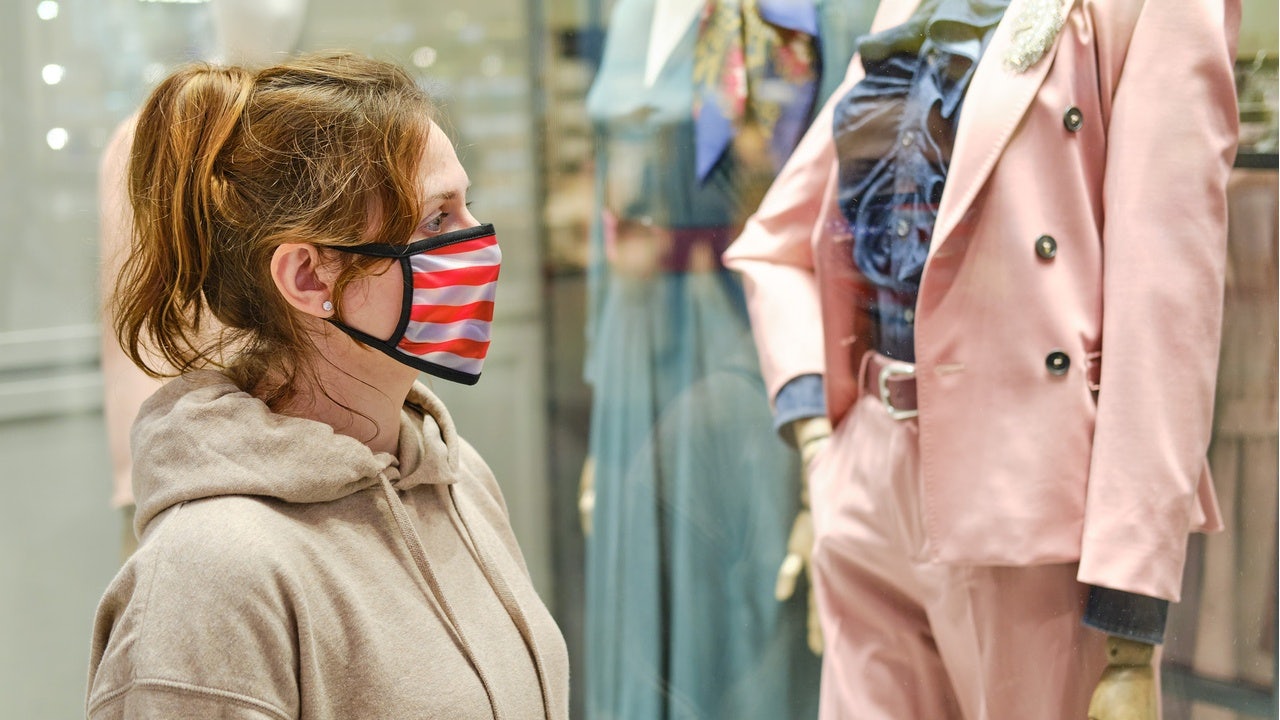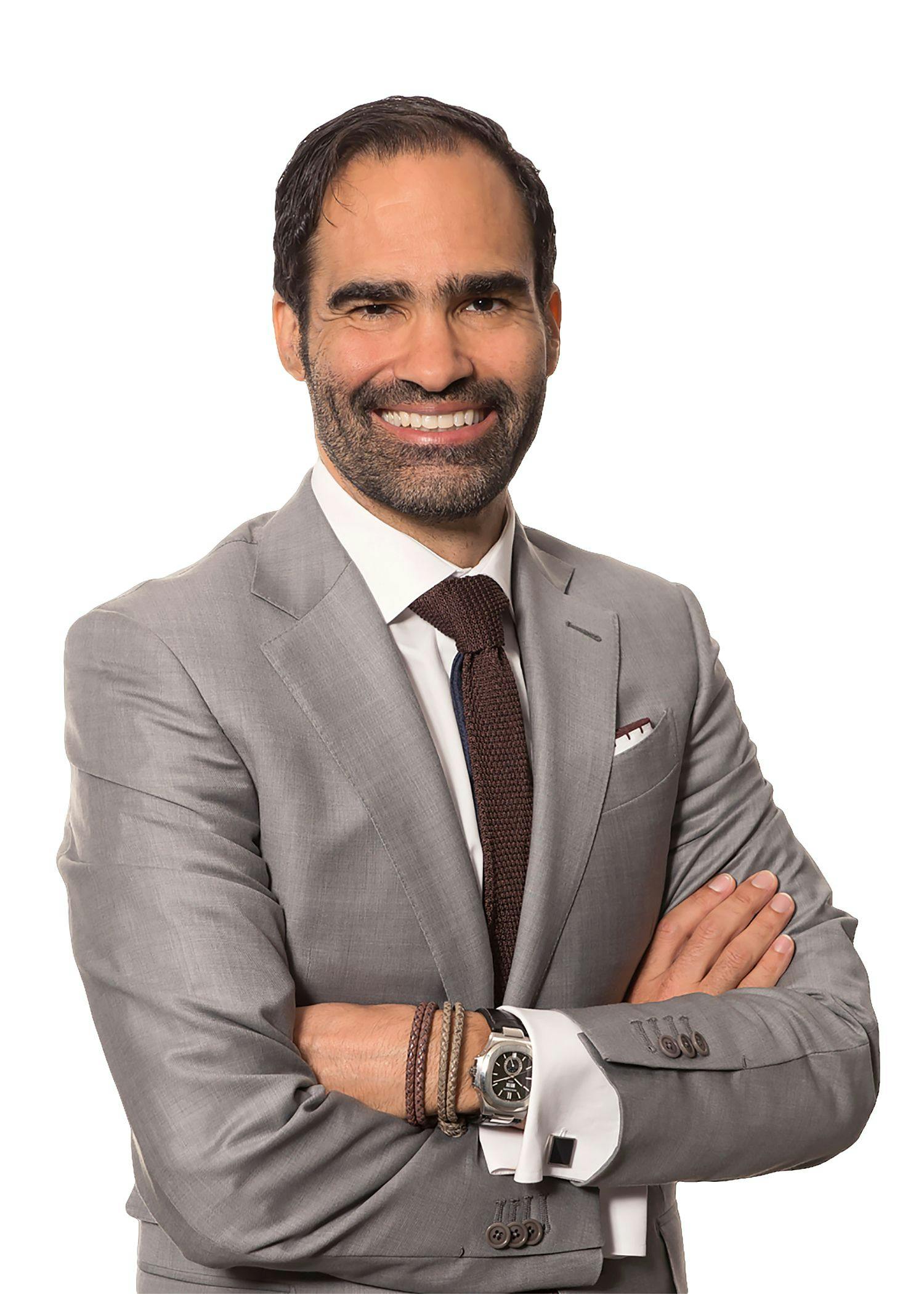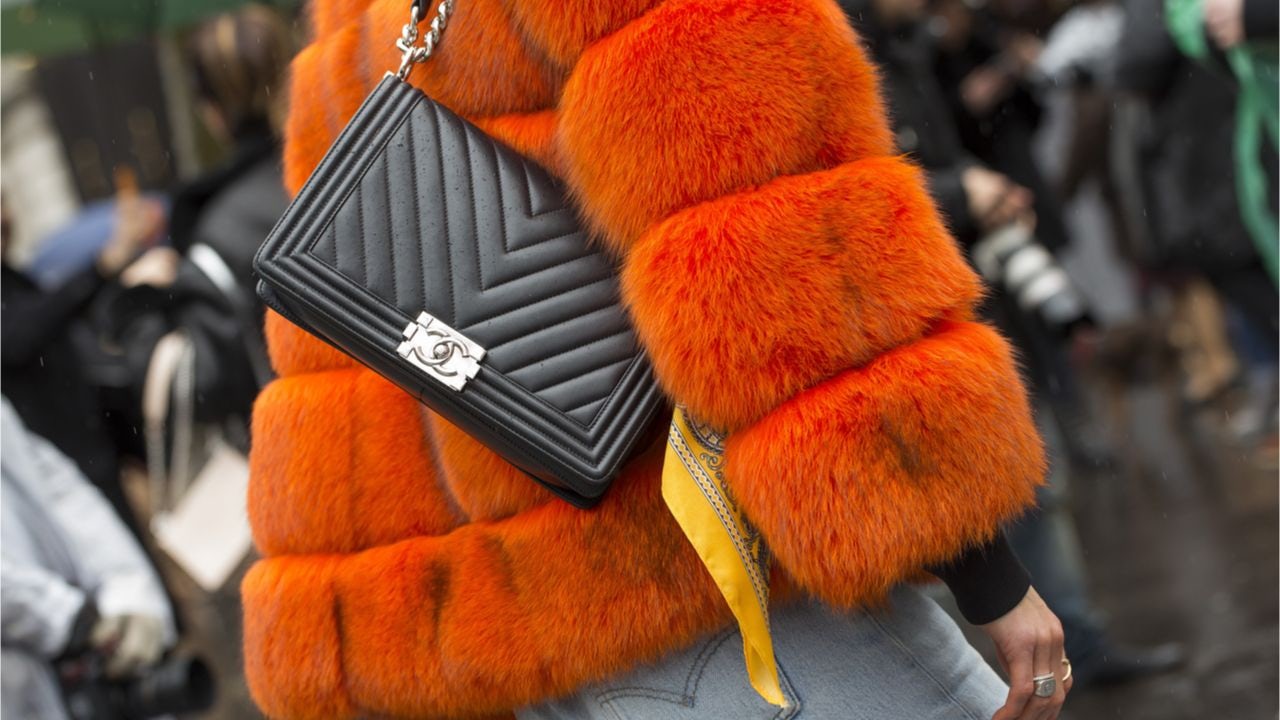Key Takeaways:#
One of the principles of building trust is having a consistent message paired with a clear rationale. Surprise moves never instill trust.
Psychology and emotional evaluations are often more important to brand equity and preference building than numbers and measurable data points.
Brands can learn from the confusion created by the various CDC guideline changes and should be cautious about when and how to change their brand-specific guidelines or rules. It is always better to err on the side of caution than to alienate staff and concerned customers.
There was a time when the Center for Disease Control (CDC), the top US health institution, was seen as one of the most credible of its kind, and its guidance was rapidly adapted all over the world.
For a sensitive topic like health guidance, credibility is paramount. It is the ultimate brand equity. If people believe in your advice, they will follow it. If they do not believe it, they will ignore it. The topic of mask mandates during this pandemic has made that crystal clear.
Early in the pandemic, many people were demonizing masks, and the CDC told people not to wear them. Then they became part of the guidelines for best practice behavior. Now that roughly thirty percent of Americans are fully vaccinated, the CDC has made a sudden announcement that even caught President Biden by surprise, stating that masks would no longer be needed for vaccinated people in most cases.
This news is a complete reversal from just a few days earlier when even vaccinated people were being asked to be cautious indoors. While much of the science on COVID-19 is fairly new, the CDC's abrupt changes undermined its credibility in the eyes of many.
The Washington Post reacted with the headline: “Confused Americans grapple with CDC’s new mask rules: 'It caught us off guard.'” Meanwhile, The New York Times recently wrote: “Major US Retailers Drop Mask Requirements: Walmart, Costco, Publix, and Starbucks are among the retail giants effectively moving to an honor system. The union of registered nurses calls on the C.D.C. to revise its mask guidance, saying that ‘lives are in the balance.’”
These headlines are just a fraction of those confirming the confusion the CDC announcement created, and it shows that a message's clarity and timing are critical. One of the principles of building trust is having a consistent message paired with a clear rationale. Surprise moves never instill trust.
I recently published an article about how the Pfizer vaccine became the “hot person vaccine,” according to social media users. A reader commented that “Those known as ‘vaccine snobs’ were fortunate enough to receive the shot with highest reported immunity, so they had bragging rights, with Moderna a close second. This response proves that psychology and emotional evaluations are often more important to brand equity and preference building than numbers and measurable data points. And, not surprisingly, after the CDC temporarily halted the Johnson & Johnson vaccine, demand for it plummeted even after it was confirmed safe again.
When pure rational considerations drive decisions, the impact on brand equity can be catastrophic. The CDC's multiple reversals show that it underestimates the emotional impact of its actions, which have undermined its credibility and could be catastrophic if a new pandemic wave or virus mutations appear.
Thus far, we have seen practically everyone underestimate the duration and impact of COVID-19. A more holistic approach that carefully analyzes rational and emotional aspects and provides rationales and guidance more clearly would be advisable. I doubt that any new guidelines would motivate a vaccine-hesitant person to vaccinate, so the CDC may get exactly the opposite of what it wanted. That is why brands must assess the way actions and communication strategies could impact brand equity negatively.
After Walmart immediately dropped its store mask mandate, almost every US luxury brand evaluated what it should do: allow maskless consumers to enter on an honor system or continue to enforce store-wide mandates? Initial messages were mixed, increasing the confusion. As such, each brand needs to decide what to do on its own.
Unlike other categories, brands in luxury create the highest consumer value. They do this through intangible storytelling and creating desire around brand activities, understanding that their intangible value could collapse at any time. That is why in-store touchpoints are so critical, as they offer human-to-human brand perception.
Even if many people embrace going maskless, others, including many store personnel, still feel uncomfortable dropping their masks or serving around maskless people. Therefore, how luxury brands choose to operate could seriously affect their brand equities and how employees and customers perceive the brand.
My recommendation? Learn from the confusion created by the various CDC guideline changes and be cautious about when and how to change brand-specific guidelines or rules. It is always better to err on the side of caution than to alienate staff and concerned customers.
Brands can set specific parameters, such as local infection rate benchmarks or local vaccination rates, for their mandates about when to drop masks while communicating them clearly to their customers. What will be critical is understanding and being sensitive to staff and consumer sentiment, considering both when deciding when and how to loosen restrictions. Always choose clarity over confusion.
Daniel Langer is CEO of the luxury, lifestyle and consumer brand strategy firm Équité, and the professor of luxury strategy and extreme value creation at Pepperdine University in Malibu, California. He consults some of the leading luxury brands in the world, is the author of several luxury management books, a global keynote speaker, and holds luxury masterclasses in Europe, the USA, and Asia. Follow @drlanger


